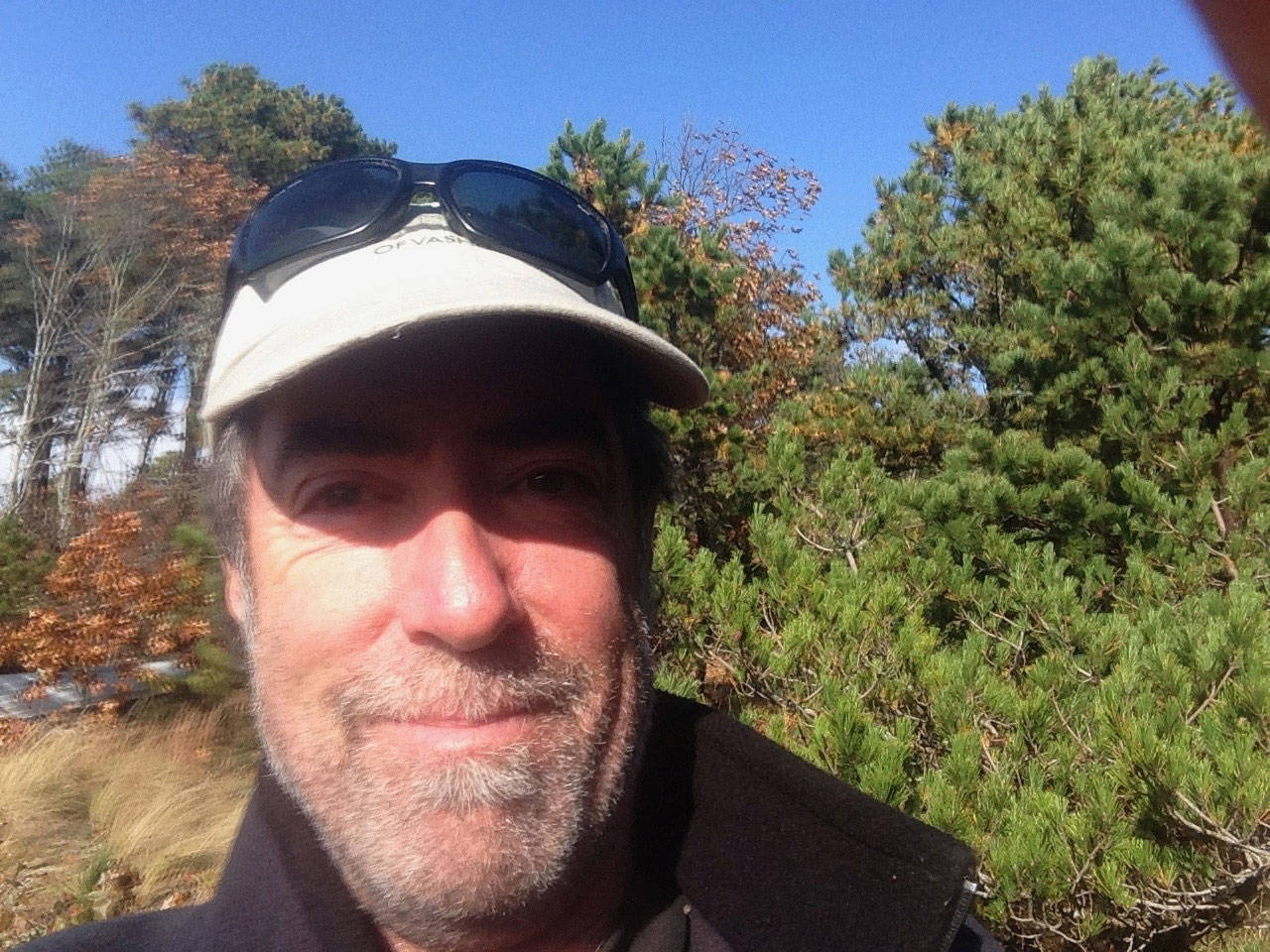For the past few years — and longer — we’ve been hearing about how climate change is affecting our local climates, our nation and the planet. From the increasingly frequent and devastating fires in California to crippling floods and freezing weather in Texas, from the largest hurricanes on record to catastrophic droughts all around the world, our changing climate is in the news and wreaking havoc.
Three years ago, little Greta Thunberg from Sweden brought climate change to the forefront of international news when she sailed — eschewing any form of a petroleum-burning vessel — from Scandinavia to New York to speak at the 2018 United Nation’s Climate Change Conference where she chastised world leaders for not taking more aggressive action to slow, stop and reverse greenhouse gas emissions.
Greta clearly understood the greater and long-term ramifications of our addiction to fossil fuels and our blatant disregard for the health of our planet. She describes the situation like this: our house is burning down and we’re trying to decide what to wear.
When I look around, both across the country and on the island, I see that Greta is right: we are not taking the climate crisis seriously. I recently flew to Virginia to visit a friend (burning jet fuel all the way) and during my layover in Chicago I noticed that all of the outdoor lighting along the concourses was on; it was 2:30 p.m. on a sunny afternoon.
As I was walking to my departure gate, I looked out the window and noticed that all of the high-wattage lights in the parking lot were also on. I spoke with several airport employees, trying to find one who would have both the concern and the authority to have the lights turned off.
I finally found a man in uniform who actually listened to me, heard my concerns and told me that he would try to find a person who could turn off the lights. I repeated my request to make sure that he understood what I wanted to achieve: to turn off the lights now, and then to make it airport policy to turn the lights back on just before dusk and to turn them off —every day — just after dawn. He assured me that he understood.
Once in Virginia, I contacted the FAA (by phone and email) and requested that they make it official FAA policy that all US airports be required to extinguish all outdoor lighting during daylight hours. I also wrote to president Biden with the same request. Stay tuned to see if they’re listening.
On my second day in Virginia, my friend and I were driving to the store and I noticed that all of the street lights on the highway were on. All of them. This was around noon on a lovely sunny day. Not knowing who to contact about street lights in Virginia, I just shook my head in disbelief.
Back on Vashon, I notice that when I go to the transfer station to recycle, the street lights are frequently on, as are the lights under the awning by the recycle parking. Next time you’re there, take a look. You’ll notice it too because they’re almost always on. I’ve spoken with the employees there — when they’re around — pointing out when the lights are on during the day, and sometimes they actually turn them off. That feels validating. But then the next time I’m there, the lights are on again.
I called PSE about this “low-hanging fruit” and had a long talk with a PR employee named Cory. He was both patient and sympathetic and assured me that PSE was working to reduce unnecessary energy consumption, but that the outdoor lighting that I was concerned with was not a top priority, that they were more concerned with reducing energy use in buildings.
There’s a street light at the bus stop across from the Country Store & Farm that is always on. So is the one at the Vashon Community Care. Cory told me that every light pole has a number that identifies it and that if I call PSE with that number, they may be able to send someone out to turn it off. I thought about doing that but realized that there are so many of these lights that, to do it properly, I would have to make it a full-time job.
If we aren’t able to do something as simple and effective as turning off high-wattage outdoor lighting in public spaces during the day, do we actually stand a chance of turning around our incessant march toward a warmer planet?
— Scott Durkee is a freelance factotum, artist and winemaker. He lives on Maury Island.



